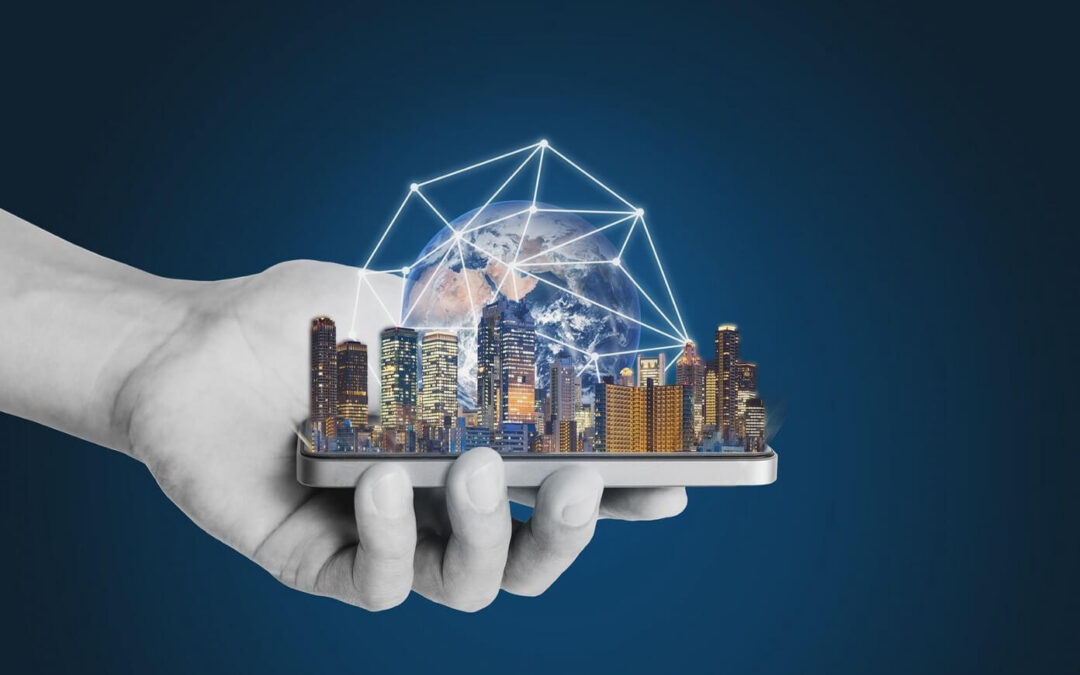Once a fledgling concept, blockchain technology has soared to prominence as numerous industries harness its potential, from banking and financial services to media and supply chain management. Tracing its roots back to 1982, when David Chaum first outlined the concept, blockchain has evolved into a powerful tool that promises to revolutionize various sectors, including the lucrative global real estate market, valued at over $11.4 trillion in 2021.
This article explores ways blockchain technology transforms real estate, offering a fresh approach to transactions, enhancing security, and democratizing the industry.
1. Bolstering Transaction Security
Traditionally, real estate transactions have been cumbersome, costly, and slow. Blockchain-based property platforms simplify the process, ensuring the integrity of property documents and eliminating fraud risks. For example, in 2021, approximately 1 out of 120 mortgage applications contained fraud. By securely storing transaction details on a digital ledger, blockchain technology mitigates these risks and paves the way for a safer, more efficient, and cost-effective process.
2. Streamlining Processes with Smart Contracts
Smart contracts, enabled by blockchain, allow realtors, buyers, and sellers to expedite transactions by eliminating intermediaries. Automating processes such as title searches and escrow services, smart contracts provide stakeholders with secure access to property data, facilitating the finalization of real estate transactions.

3. Tokenizing Real Estate for Customization and Accessibility
Tokenization, a crucial aspect of blockchain technology, involves digitizing securities, making real estate more accessible to a larger pool of potential buyers. Tokenized real estate assets can be tailored to meet investor and stakeholder needs, expediting the exchange process and enabling efficient administration of financial components like payouts or dividends.
4. Enhancing Real Estate Liquidity
Blockchain technology increases real estate liquidity by allowing individuals to tokenize and sell a portion of their home’s equity, offering an alternative investment opportunity. The first NFT-based residential home sale in the U.S. exemplifies how real estate can be digitized and streamlined, attracting more investors.
The Future of Real Estate and Blockchain
Blockchain technology is revolutionizing the real estate industry, fostering security, transparency, and accessibility for investors, buyers, and sellers alike. While further development is needed for seamless integration, blockchain has already demonstrated its value in improving transaction processes and democratizing the industry.
As real estate embraces blockchain technology, we can anticipate a more efficient and equitable market poised to thrive on a global scale.

